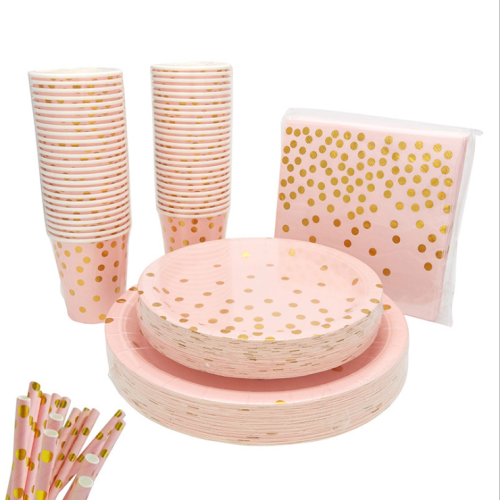Properly disposing of used paper plates is essential to ensure they are disposed of in an environmentally responsible manner. Here are some guidelines for the proper disposal of used paper plates:
- Clean the Plates: Before disposing of the paper plates, scrape off any remaining food particles into a compost bin or trash can. It’s important to remove as much food residue as possible to avoid contaminating recycling or composting processes.
- Recycling: If the paper plates are clean and free of any non-paper materials such as plastic coatings or food contaminants, they can typically be recycled. Check with your local recycling guidelines to determine if paper plates are accepted in your recycling program. If they are, place them in the appropriate recycling bin or container.
- Composting: If the paper plates are compostable, you can dispose of them in a compost bin or facility. Composting allows the plates to break down naturally and turn into nutrient-rich compost that can be used in gardening or landscaping. However, it’s important to ensure that the plates are specifically labeled as compostable and that your composting system accepts them.
- Landfill: If recycling or composting options are not available or suitable for your used paper plates, they can be disposed of in the regular trash. However, landfill should be the last resort, as paper plates can take a long time to decompose in landfills and contribute to waste accumulation.
- Separate Non-Paper Components: If the paper plates have non-paper components, such as plastic coatings or attached plastic utensils, separate and dispose of them in the appropriate waste streams. Plastic coatings or attachments are typically not recyclable or compostable and should be disposed of in the regular trash or appropriate recycling bins.
It’s worth noting that the disposal options for paper plates may vary depending on local recycling and composting facilities, as well as the specific characteristics of the paper plates themselves. To ensure proper disposal, always check the guidelines provided by your local waste management or recycling authorities.
By following these disposal guidelines, you can contribute to reducing waste, promoting recycling, and supporting environmentally responsible practices.


